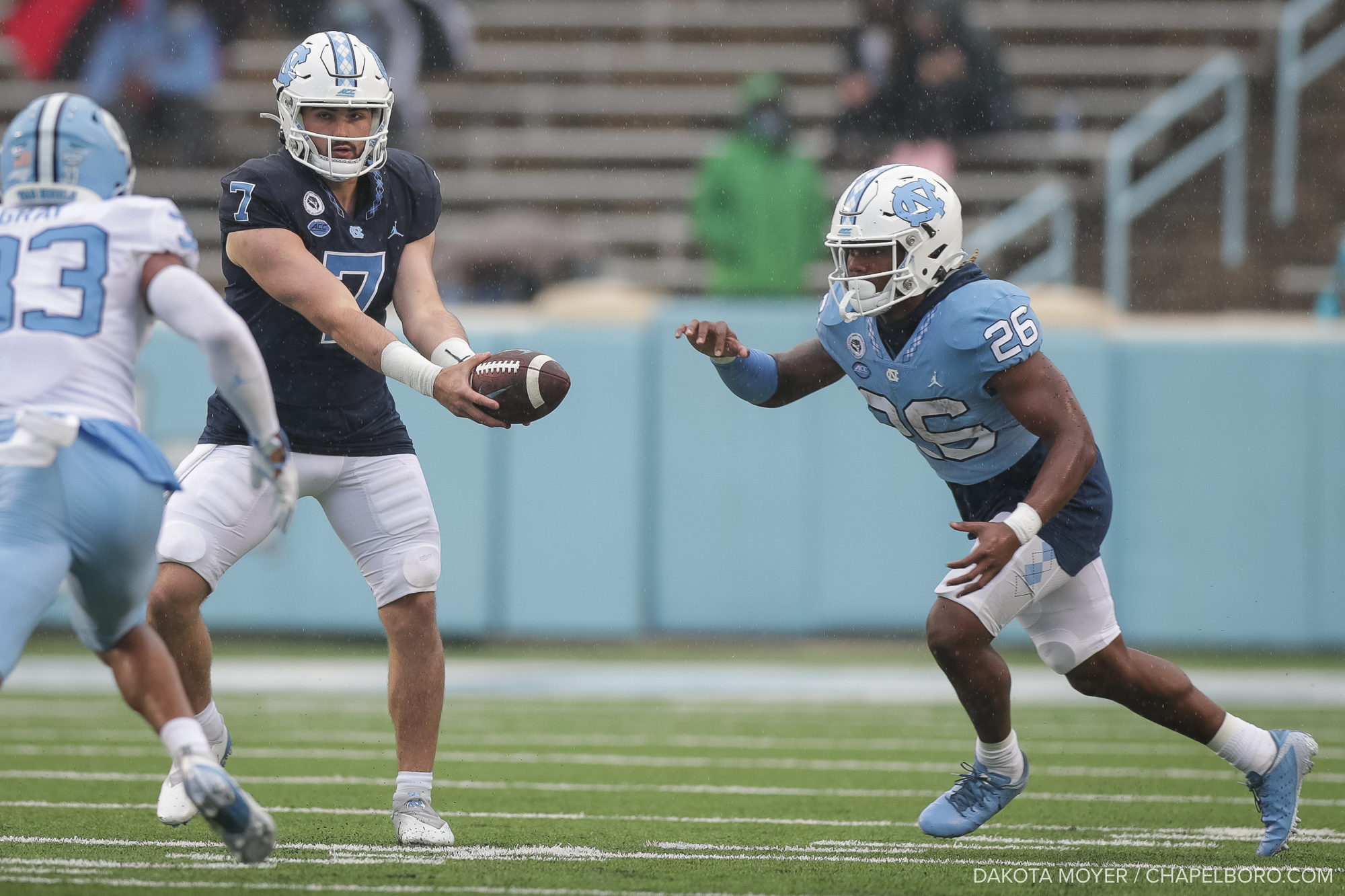What’s the difference between hazing and a prank gone wrong?
A UNC source close to the football program says the media has the incident the University is investigating all wrong.
UNC Investigating Football Training Camp Incident
“This has nothing to do with hazing,” the source says. “It was a prank that went badly, and the kid (Boyer) is horrified that he has been identified.”
The alleged victim is walk-on redshirt freshman wide receiver Jackson Boyer who said a number of his teammates physically assaulted him. The incident was first reported by Yahoo! Sports as an altercation between multiple players at the Aloft Hotel on NC-54 in the first week of August. The football team was staying there during fall camp.
Chapel Hill Police Public Information Sergeant Bryan Walker says there are no reports of an incident filed in August at the Aloft Hotel.
But what’s a prank, and what is considered taking it too far?
Former UNC offensive lineman Brian Chacos says pranks happen on a regular basis among football players.
“When you have that age group of 18- to 21-year-old young adults together and they spend so much time together, it definitely turns into a brotherhood, into a family atmosphere,” Chacos says. “I pulled pranks on my older brother. It’s the same kind of thing here. You develop such close relationships that pranks are done quite a bit.”
He says people need to be smart about how far the pranks go.
“Can some guys get carried away, absolutely,” Chacos says. “Some students on campus get carried away all the time. Our general public gets carried away sometimes with some certain things. I think it’s just using your best judgment. You’ve got to use your head and make the best decisions.”
And, he says hazing is something the coaching staff stresses that there just isn’t time for.
“You’re so consumed with school, or you’re consumed with lifting weights,” Chacos says. “You’re consumed with getting ready, obviously, for Liberty or whoever your opponent is.”
UNC has a written policy posted in the student affairs section of its website. It states, in part, “UNC expressly prohibits hazing or any activity that puts a student’s physical, emotional, or psychological health and safety at risk.” It also defines hazing, but it doesn’t outline a punishment if someone is found guilty of it.
Head Coach Larry Fedora said Tuesday after his radio show that he wasn’t able to talk about the incident until the investigation has concluded. Athletic Director Bubba Cunningham and Vice Chancellor for Communication Joel Curran have said the same thing.





Comments on Chapelboro are moderated according to our Community Guidelines